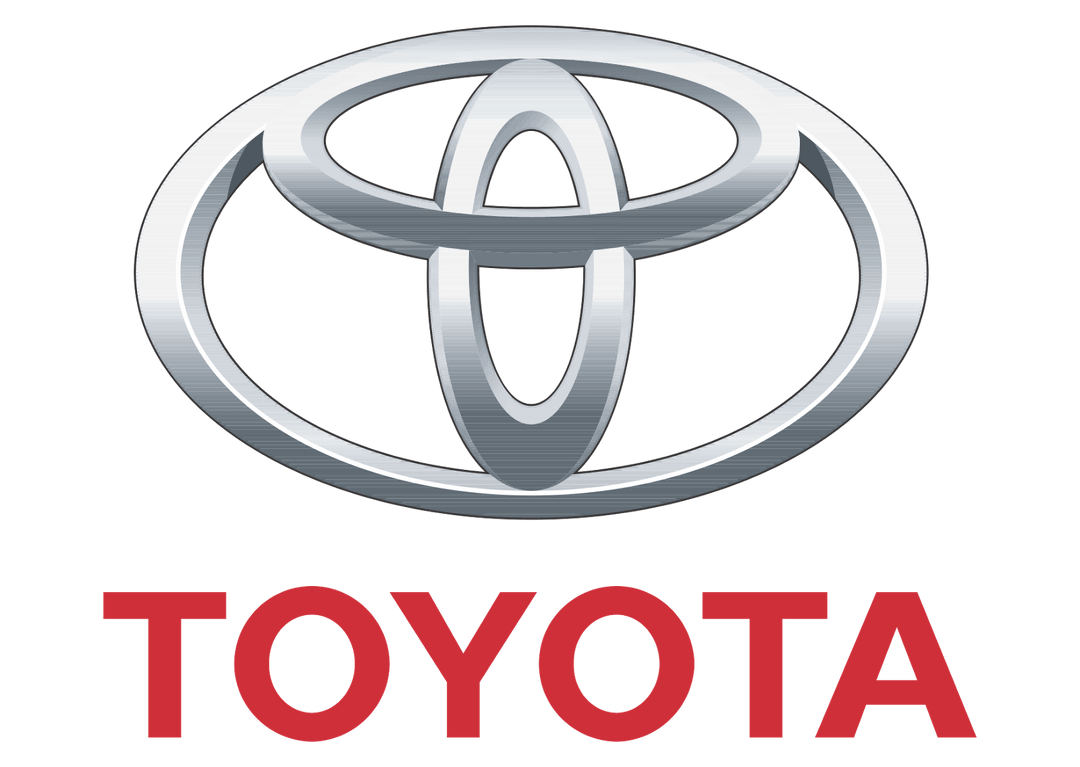Real-Life Case Studies: Harnessing the Power of Voice AI for SMB
TomTom Revolutionises Driver Experience with AI
As artificial intelligence continues to reshape industries, businesses worldwide are embracing AI solutions to drive operational efficiency, improve customer experiences, and foster innovation. This page highlights how various businesses, from multinational enterprises to SMBs, are using Voice AI to tackle challenges and deliver remarkable results.
he is following case studies demonstrate how SMBs and large enterprises alike have leveraged Voice AI to optimize processes and achieve measurable business outcomes.

Company Overview:
TomTom, a leader in navigation technology, is using Microsoft Azure OpenAI Service, Azure Cosmos DB, and Azure Kubernetes Service to transform its automotive solutions. With AI-powered insights, TomTom enhances route planning, traffic predictions, and driver assistance. Azure Cosmos DB ensures scalable, real-time data management, while Azure Kubernetes Service streamlines deployment and scaling. This allows TomTom to deliver smarter, faster, and more reliable navigation experiences.
The Challenge:
TomTom aimed to enhance the driver experience by delivering smarter, real-time navigation solutions while reducing reliance on human agents. By leveraging AI and automation, TomTom provides more accurate routing, real-time traffic updates, and proactive assistance, making driving safer and more efficient.
The Solution:
The company adopted AI-powered voice assistants integrated with their navigation system to offer real-time traffic updates, personalized route suggestions, and hands-free driver support. This AI-driven integration allows for a seamless, interactive experience, providing drivers with instant access to important information while on the road. By reducing distractions and improving situational awareness, the system enhances road safety and overall driving convenience.
Results:
-
15% Increase in user engagement with the navigation app.
-
Enhanced User Experience, with more accurate and timely route recommendations.
-
Reduced customer service calls by 40% due to AI-driven navigation assistance.
Key Takeaways:
-
AI-driven solutions can revolutionize customer engagement in industries like automotive.
-
Voice AI can significantly reduce the need for human intervention, improving customer satisfaction and operational efficiency.

Case Study 2: Toyota Enhances Innovation with AI-Powered "O-Beya" System
Company Overview:
Toyota, a global leader in automotive manufacturing, has integrated AI agents into its "O-Beya" or "big room" system to accelerate innovation. These AI agents assist engineers by providing real-time insights, automating data analysis, and facilitating collaboration, enabling faster decision-making and more efficient problem-solving. This integration enhances Toyota's ability to innovate and develop new technologies more effectively, improving overall productivity and design processes.
The Challenge:
Toyota sought to streamline its internal knowledge-sharing process to enable faster innovation and more effective problem-solving by its engineers. By incorporating AI agents into its "O-Beya" or "big room" system, the company enhances collaboration, accelerates data-driven decision-making, and improves communication across teams, driving more efficient and innovative solutions.
The Solution:
The company deployed nine AI agents, each specializing in areas like vibration analysis and fuel consumption. These AI agents aggregate data, analyze trends, and provide valuable insights to support decision-making and innovation within the “O-Beya” system. By streamlining information flow, Toyota empowers engineers to make informed, data-driven decisions faster, driving efficiency and accelerating innovation.
Results:
-
Accelerated Innovation: Product development cycles reduced by 20%.
-
Enhanced Collaboration: Engineers can now access critical insights in real time, reducing delays.
-
Increased Efficiency: AI agents helped to process and analyze vast amounts of engineering data much faster than manual methods.
Key Takeaways:
-
Voice AI is a powerful tool for facilitating collaboration and innovation in engineering and manufacturing industries.
-
AI agents can handle data analysis, enabling human employees to focus on more complex, high-value tasks.
Case Study 3: Unity Uses AI to Enhance Game Development with Muse Chat
Company Overview:
Unity Technologies, a leading platform for creating and operating interactive, real-time 3D content, turned to AI to enhance the game development experience for creators. By integrating AI tools, Unity aims to streamline workflows, automate repetitive tasks, and offer intelligent assistance, allowing developers to focus more on creativity and innovation. This AI-powered approach improves efficiency, reduces development time, and helps creators bring their visions to life faster.
The Challenge
Game developers often faced challenges with troubleshooting and navigating Unity’s complex development platform. The support team struggled to keep up with the growing volume of inquiries and troubleshooting requests, creating delays and frustrations for developers. To address this, Unity turned to AI, implementing intelligent systems to provide instant support, automate troubleshooting, and guide developers through the platform’s complexities, ultimately improving the development process and enhancing overall efficiency.
The Solution
Unity implemented Microsoft Azure OpenAI Service to build Muse Chat, an AI assistant designed to guide game developers through common questions and troubleshooting scenarios. By providing instant, accurate responses, Muse Chat streamlined the support process, allowing developers to resolve issues faster. This reduced the burden on Unity’s human support agents, enabling them to focus on more complex inquiries while enhancing the overall developer experience.
-
30% Reduction in response times for support inquiries.
-
Increased Developer Productivity due to faster access to troubleshooting solutions.
-
Higher Satisfaction among game developers using Muse Chat for assistance.
-
AI-driven chat assistants can enhance the user experience and support team efficiency in tech-heavy industries like game development.
-
Voice AI can help manage a growing volume of support requests while improving overall user satisfaction.

The Business Opportunity of AI: Insights from IDC and Microsoft
According to a recent study by IDC and Microsoft, businesses that invest in AI can on average return of $3.70 for every $1 spent. The ability of AI to reshape business processes, improve customer experiences, and enhance operational efficiency makes it an indispensable tool for businesses looking to stay competitive.
Conclusion
Why Voice AI is Essential for SMB's
These case studies show that Voice AI is not just for large enterprises; SMBs can harness the same transformative technologies to achieve significant results. Whether it's enhancing customer engagement, boosting innovation, or improving internal processes, Voice AI offers clear business value.
From TomTom to Universitas Terbuka, these companies demonstrate how AI solutions are helping businesses adapt, innovate, and drive growth. The results speak for themselves — Voice AI is a game-changer for businesses of all sizes.
Ready to Transform Your Business with Voice AI?
Explore how Voice AI can help your SMB optimize operations, improve customer experiences, and drive measurable ROI. Contact us today to learn how we can help you harness the power of AI for your business.
Get in Touch Today to discover more about Voice AI and how it can fuel your growth.



